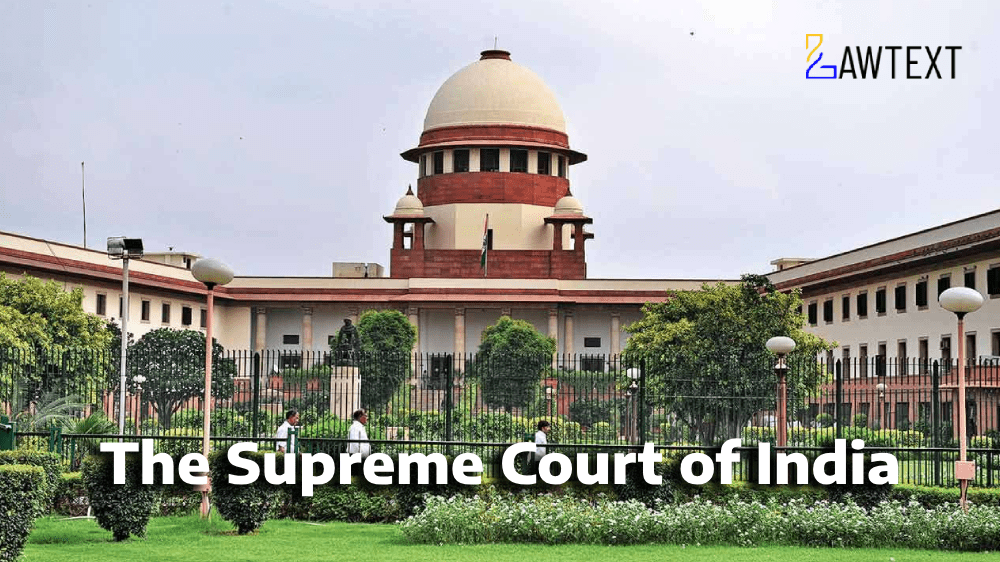

The Supreme Court allowed the appeal and enhanced the compensation to Rs. 17,82,825/-, modifying the awards of both the Tribunal and the High Court. The Court emphasized that compensation must be just and reasonable, based on the evidence and principles laid down in previous judgments. (Para 10, 11)
Motor Vehicles Act, 1988 – The primary legislation under which the compensation claim was filed.
Indian Penal Code, 1860 (IPC) – Sections 279, 337, and 338 were invoked in the FIR related to the accident.
Whether the compensation awarded by the Tribunal and High Court was just and fair under the Motor Vehicles Act, 1988? – The Supreme Court held that the compensation should be based on the evidence and principles of just compensation, even if it exceeds the claimed amount. (Para 9)
What is the correct assessment of permanent disability and its impact on compensation? – The Court revised the permanent disability assessment from 10% to 40%, significantly impacting the final compensation amount. (Para 7, 10)
How should future prospects and multiplier be applied in calculating compensation? – The Court applied a 30% increase for future prospects and a multiplier of 11, in line with established precedents. (Para 10)
The Claimant-Appellant argued that the compensation awarded by the Tribunal and High Court was inadequate, especially considering his 40% permanent disability and the extensive medical expenses incurred. (Para 7)
The Respondent (Insurance Company) did not contest the additional consolidated sum granted by the High Court, but the Supreme Court emphasized that consent does not override the principle of just compensation. (Para 9)
Just Compensation – The Court held that the objective of compensation under the Motor Vehicles Act, 1988, is to ensure that the aggrieved party receives just and fair compensation, which may exceed the amount claimed. (Para 9)
Future Prospects and Multiplier – The Court applied a 30% increase for future prospects and a multiplier of 11, in line with the principles established in Pranay Sethi. (Para 10)
Permanent Disability – The Court revised the permanent disability assessment from 10% to 40%, significantly impacting the final compensation amount. (Para 10)
Motor Vehicles Act, 1988 – Compensation – Just and Fair – Permanent Disability – Future Prospects – Multiplier Method – Medical Expenses – Pain and Suffering – Loss of Income.
Citation: 2025 LawText (SC) (2) 74
Case Number: CIVIL APPEAL NO. 2204 OF 2025 (Arising out of SLP(C)No.5541/2023)
Date of Decision: 2025-02-07
Case Title: HARE KRUSHNA MAHANTA VERSUS HIMADARI SAHU & ANR.
Before Judge: (SANJAY KAROL J. , PRASHANT KUMAR MISHRA J.)
Appellant: HARE KRUSHNA MAHANTA
Respondent: HIMADARI SAHU & ANR.